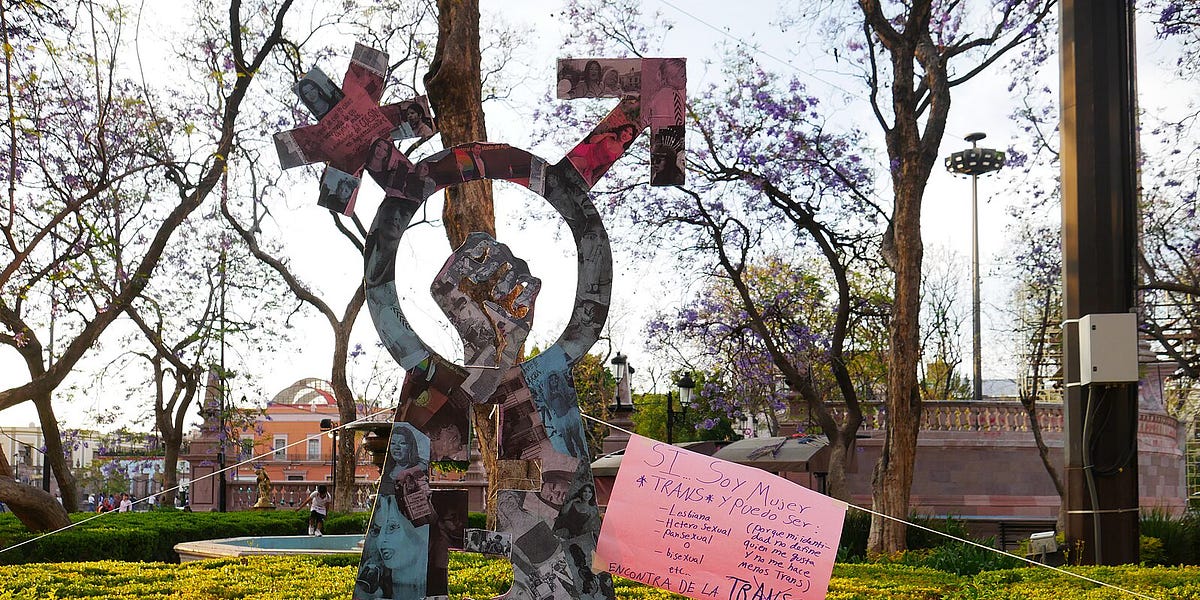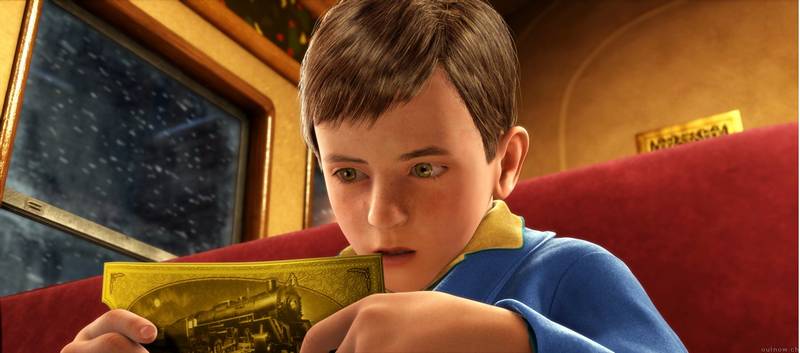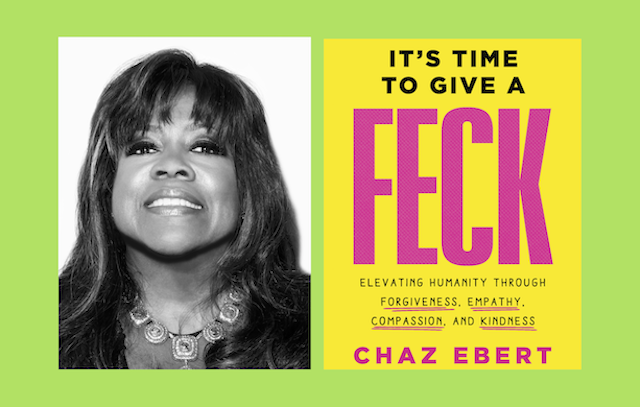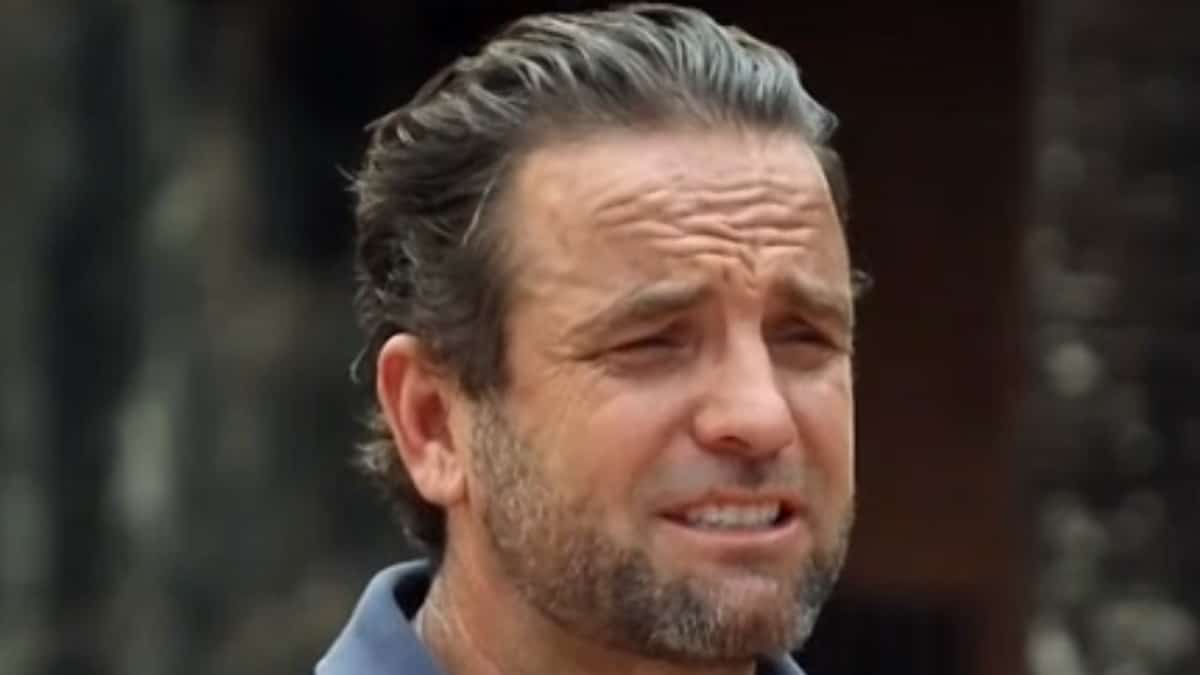
“Is there a difference between dreams and waking life?” wonders Samuel Emmer, the narrator of Elkins’ novel, an expert in protozoa who works in water management for the city of Guelph. “In both, things happen slowly while we watch.” It’s an apt description of this mammoth, formally inventive novel which encompasses text, photographs, diagrams, tables, and sheet music. Over the course of the novel—in which Emmer, who’s been volunteered for his city’s Zoo Feasibility Committee, travels around the world visiting a series of zoos—the presence of these highly regimented, eminently logical documents begins to make sense. Even as the documents offer reassuring certainty, Emmer’s own grasp on the world is slipping away. The opening scene finds him thinking back on his relationship with his now-college-age child. Emmer is feeling unmoored by life both personally and professionally, and thinks, “When you lose your place in the world, you suddenly wake up, as if your normal life had been a dream.” Soon, Emmer’s waking life alternates with a series of unsettling dreams, some of which hearken back to the landscape of his youth. A note from his interns in which they detail their observation of obsessive traits in him—what Emmer terms “some of the same tics and traits as animals or meth addicts”—sends his behavior in more extreme directions, including lying in a professional context and egging on a child pretending to shoot zoo animals. The novel’s final section, which takes on a very different form from what’s come before, puts much of what we’ve read in a new context, and conveys a powerful sense of loss.






































































